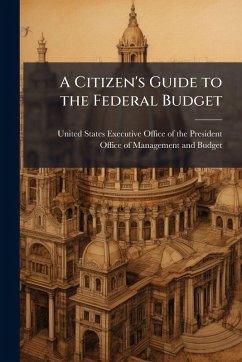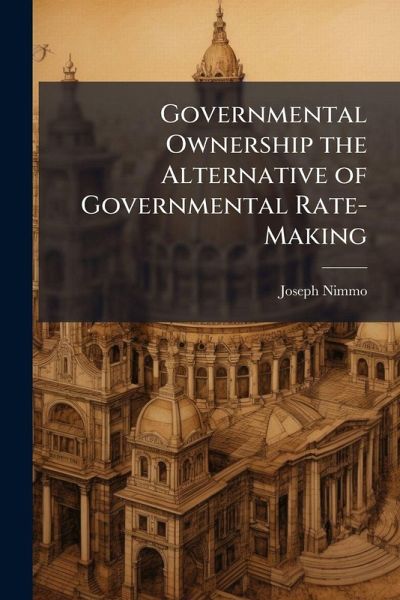
Governmental Ownership the Alternative of Governmental Rate-Making

PAYBACK Punkte
7 °P sammeln!
In "Governmental Ownership the Alternative of Governmental Rate-Making," Joseph Nimmo presents a detailed critique of governmental control over industries and utilities. Published in 1905, this work offers a historical perspective on the debates surrounding government intervention in the economy. Nimmo argues against the practicability and questions the revolutionary implications of governmental rate-making, advocating instead for alternative regulatory approaches. This book provides valuable insights into the economic and political thought of the early 20th century, making it essential readin...
In "Governmental Ownership the Alternative of Governmental Rate-Making," Joseph Nimmo presents a detailed critique of governmental control over industries and utilities. Published in 1905, this work offers a historical perspective on the debates surrounding government intervention in the economy. Nimmo argues against the practicability and questions the revolutionary implications of governmental rate-making, advocating instead for alternative regulatory approaches. This book provides valuable insights into the economic and political thought of the early 20th century, making it essential reading for scholars and anyone interested in the history of economic policy and the role of government in regulating industries. This work has been selected by scholars as being culturally important, and is part of the knowledge base of civilization as we know it. This work was reproduced from the original artifact, and remains as true to the original work as possible. Therefore, you will see the original copyright references, library stamps (as most of these works have been housed in our most important libraries around the world), and other notations in the work. This work is in the public domain in the United States of America, and possibly other nations. Within the United States, you may freely copy and distribute this work, as no entity (individual or corporate) has a copyright on the body of the work. As a reproduction of a historical artifact, this work may contain missing or blurred pages, poor pictures, errant marks, etc. Scholars believe, and we concur, that this work is important enough to be preserved, reproduced, and made generally available to the public. We appreciate your support of the preservation process, and thank you for being an important part of keeping this knowledge alive and relevant.




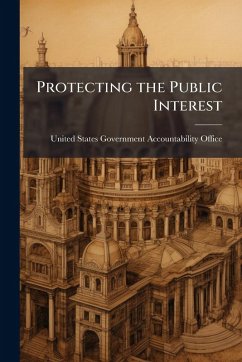
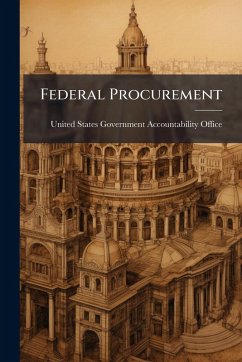

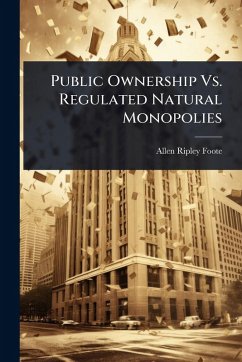
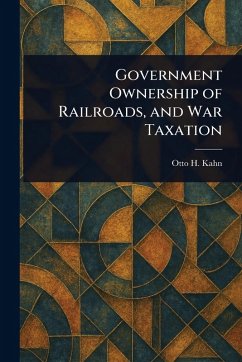
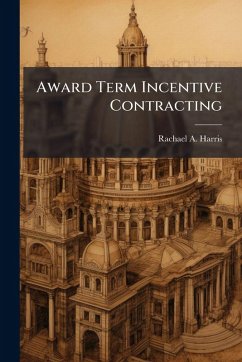
![Rate Tables for Preparing Collector's Rolls [microform]: Giving Rates by Tenths of a Mill From One to Nine Tenth Mills Cover Rate Tables for Preparing Collector's Rolls [microform]: Giving Rates by Tenths of a Mill From One to Nine Tenth Mills](https://bilder.buecher.de/produkte/65/65518/65518397n.jpg)
![Tax Rate and Debenture Tables [microform] Cover Tax Rate and Debenture Tables [microform]](https://bilder.buecher.de/produkte/65/65558/65558207n.jpg)
